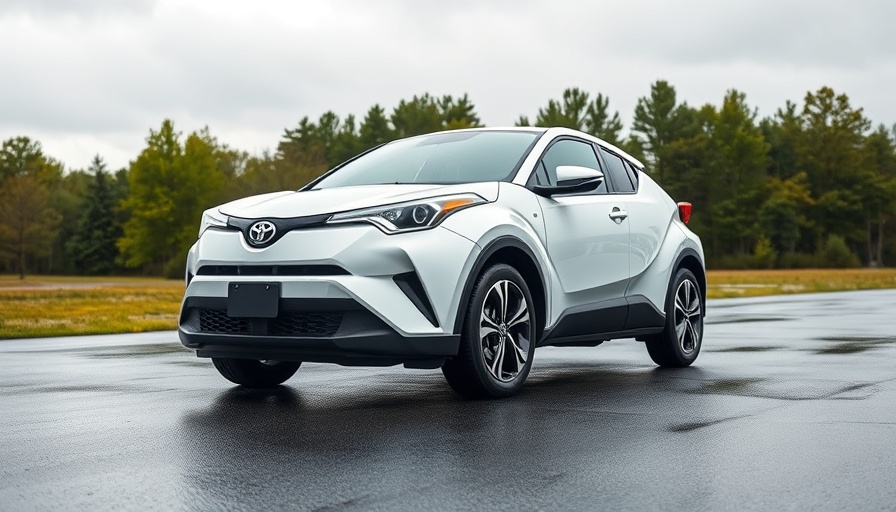
Understanding the Real Value of Used Vehicles
When considering purchasing a used vehicle, many buyers initially focus on the price tag. However, evaluating a car's value involves much more than just looking at cost. Essential factors like reliability, condition, vehicle history, and key features are critical for ensuring a wise investment.
Reliability: A Key Factor to Consider
It's essential to prioritize reliability when shopping for a used car. The reliability of a vehicle indicates how often it may need repairs and its average lifespan. Brands known for reliability, such as Toyota and Honda, often incur lower long-term costs due to fewer maintenance issues. According to J.D. Power, the average age of cars on the road is over 12 years, demonstrating that many drivers depend on used vehicles daily. Reliability ratings from trusted sources like Consumer Reports can be crucial for making informed choices.
The Importance of Condition
Evaluating a vehicle's condition involves inspecting both mechanical components and aesthetics. A thorough examination can identify potential issues that could result in costly repairs. Prospective buyers should consider hiring a mechanic for a pre-purchase inspection. Key elements to examine include the engine, transmission, and brakes. Such inspections provide insights into whether the vehicle has been well maintained.
Diving Into Vehicle History
Aside from physical inspections, knowing a vehicle's history is vital. This involves looking at accident records, previous owners, and maintenance logs. Comprehensive vehicle history reports from services like Carfax or AutoCheck can reveal hidden problems that might not surface during a visual inspection. Understanding past repairs and treatment can help buyers avoid cars that may lead to disappointment down the road.
Deciphering Wants vs. Needs
As the automotive market evolves, buyers must distinguish between their needs and desires. While you may want the latest features, they shouldn't overshadow the essential requirements of reliability and condition.
In conclusion, when investing in a used vehicle, it's crucial to consider these critical factors instead of fixating on the price tag alone. Assess reliability, inspect the condition, examine the vehicle history, and differentiate your wants from your needs to make informed decisions that align with your automotive needs.
 Add Row
Add Row  Add
Add 




Write A Comment